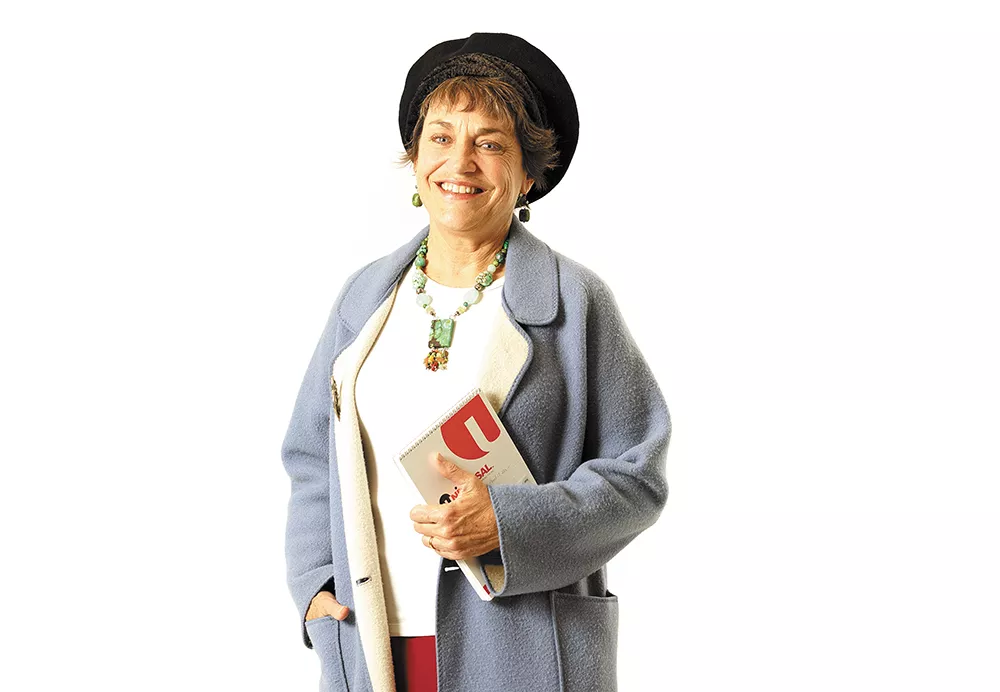Armed mainly with detailed questionnaires, epidemiologist Dorothy MacEachern tracks down the sources of food-borne disease for the Spokane Regional Health District.
I've been hearing a lot about salmonella. It seems to be everywhere!
I think there are probably a few things that are going on. One is that there's better laboratory tracking. That allows us, from the whole nation, to connect cases together that we wouldn't have been able to do readily before. We also have a few states that have really taken the lead to do intensive investigations — and one of those states is Oregon. The other is Minnesota. Also, we have a much more centralized food system than we've ever had before. If there's a problem, it could go everywhere.
So when you're sick, how do you know if it's food poisoning?
You don't. You don't really know unless you get tested. There are lots of different bugs that can make you sick; they each have their own constellation of symptoms. They might affect you in six hours. Or it might be 10 weeks if you have something like a listeria infection.
Given your line of work, are you able to enjoy a potluck?
I don't really worry about it. There are certain things I wouldn't eat. Some of them are personal preference. I don't eat hamburgers unless I know the cow. I don't eat raw milk. I think that's a potentially dangerous product at all times.
What's one piece of advice you'd like to give?
We really like people to know that you shouldn't be washing your chicken at home. You're potentially contaminating everything in that environment, where all those little fine-mist particles are going out. You wash down your sink, but it is really on your counter, too. So just take your chicken out of the bag, put it in the oven, wash your hands. You're done.
Interview by Anne McGregor

